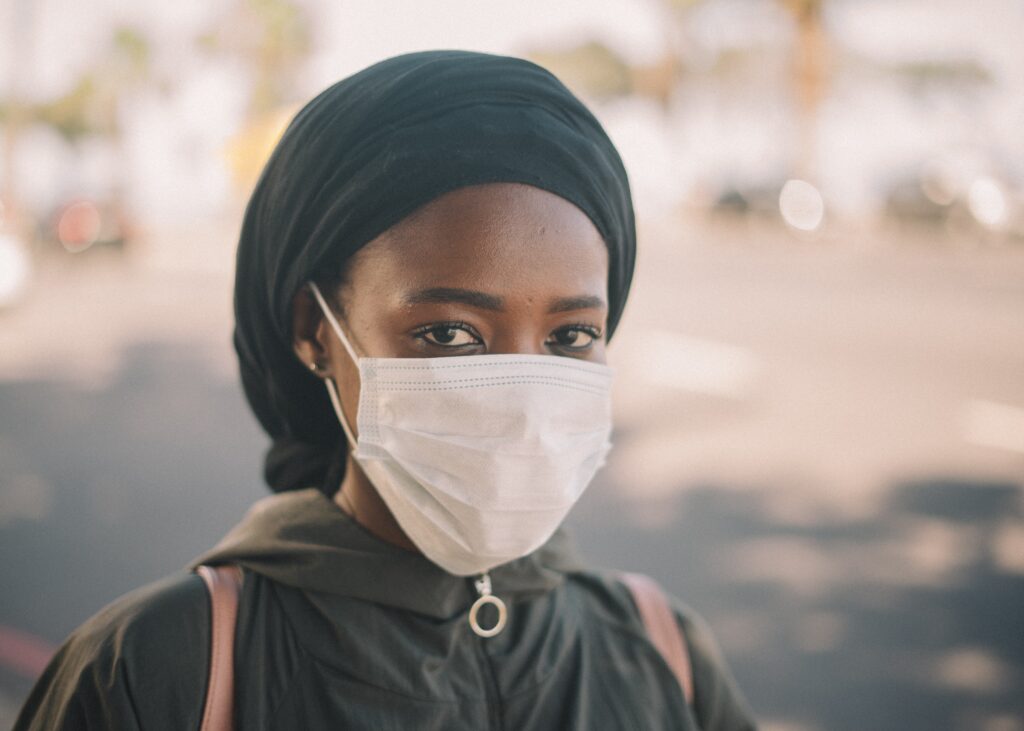Amid the ongoing fight against the COVID-19 pandemic, a new version of the virus has emerged: the EG.5.1 variant, also known as the Eris variant. As worries grow, it’s important to understand what sets this variant apart and how it might affect public health.

Named after the Greek goddess of strife, Eris, the EG.5.1 variant has caught attention due to its genetic structure and how easily it spreads. It’s like a distant relative of the original virus, SARS-CoV-2, but with some changes. These changes, called mutations, can affect how the virus spreads, how sick it makes people, and how well vaccines work against it.
Early information suggests the Eris variant has multiple mutations in its spike protein area. This part of the virus helps it get inside human cells. Some of these mutations might make it better at sticking to human cells, which could make it spread more easily. However, spreading easily doesn’t always mean it makes people sicker.

The fact that the EG.5.1 variant spreads quickly has raised concerns about bigger outbreaks. When a virus can easily spread from person to person, there’s a higher chance of more people getting sick, putting pressure on hospitals. This is worrisome because hospitals have already been dealing with a lot of sick people since the pandemic began.
Scientists are studying how well the vaccines we have now work against the Eris variant. Vaccines have been crucial in lessening the impact of the pandemic by making people less sick and keeping them out of hospitals. While these vaccines might not work quite as well against new variants, they still offer protection. Even if vaccinated people get sick, their illness is likely to be milder, and they’re less likely to end up in the hospital.

To control the spread of the EG.5.1 variant, we need to stick to good habits. Wearing masks, washing hands, and staying a safe distance apart can help prevent infections. Quick and widespread testing, tracing the people who were in contact with infected individuals, and isolating those who are sick can also stop the virus from spreading further.
It’s important to remember that things are changing quickly with the Eris variant. Keeping an eye on how it acts and changes is essential. Researchers and healthcare workers all around the world are joining forces to gather information and make smart choices based on what they learn.

In the end, the arrival of the EG.5.1 variant, or Eris variant, presents new challenges in the fight against COVID-19. While worries about how fast it spreads are understandable, we need more information before deciding how dangerous it truly is and how well vaccines work against it. The whole world needs to work together by continuing to study, sharing information, and following safety rules to tackle this new challenge. As we move through these uncertain times, a mix of careful science and public cooperation is the best way to deal with the problems posed by new versions of the virus.






